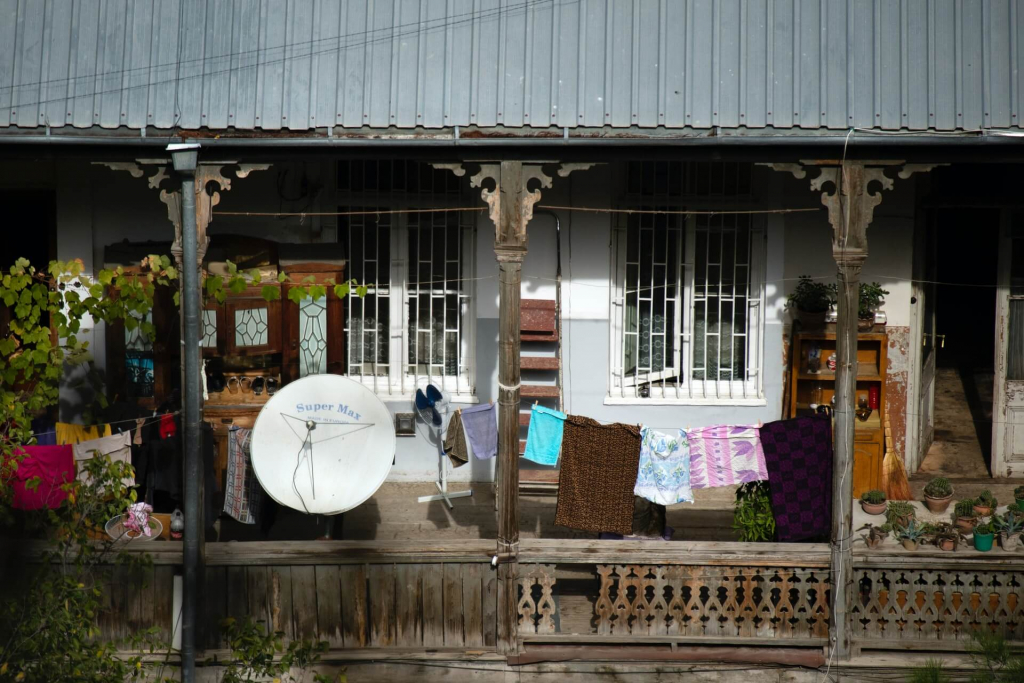Leasing agents, such as yourself, have heard of the Section 8 program by the Department for Housing and Urban Development (HUD). The program is designed to help the people in the lower-income bracket to pay for housing. Before anyone can avail of this program, they are screened based on familial status, income, eviction history, and citizenship.
You might come across tenants with this voucher, or you know a landlord who has a property that can cater to these individuals. However, the landlords must be made aware of the property inspection included in this program, which will be conducted by the local Public Housing Authority. The property must meet the required standards.
To further elaborate on the inspection, here are some questions and answers about Section 8 inspections:
• Who conducts the inspection?
The Section 8 inspection is in addition to the usual inspections done by the city or town. The landlord would still have to conduct the assessments he usually does with his other properties.
As mentioned above, the Public Housing Authority will send someone to do the inspection. Either an employee of the PHA will do it, or they might hire someone else.

• When is it performed?
The inspection will not be performed only once. There are many instances wherein the PHA will conduct an assessment. They will inform the landlord of the date and time when they will inspect the property. Here are the following instances:
• The PHA will check the property before the tenant moves in to make sure that it has met their standards.
• It is conducted once a year after the tenant moves in.
•It is performed if the tenant or landlord reports a health or safety issue in the property.
• When the PHA finds it essential to inspect the property.
• What will the PHA look for?
The HUD has set some standards that a property must meet before they will allow a Section 8 tenant to rent the unit. For the HUD’s Housing Quality Standards, 13 areas are inspected to make sure that the property is safe for dwelling. Here are the following areas:
• Overall structure and materials used
• Facilities
• Accessibility
• Water supply
• Electricity supply
• Food Handling and Disposal
• Security
• Smoke detectors
• Air quality inside the unit
• Neighborhood
• Sanitation
• Working Air Temperature
• Lead-based paint
The inspector will base the evaluation on the standards but his judgment is also taken into consideration.

• What happens if a property fails the inspection?
The PHA is strict when it comes to their inspections that if the landlord fails in one area, he will fail the entire assessment. They will inform the landlord in which area he failed and will be given a chance to remedy the issue they had with it.
Once the landlord can fix the problem, he can contact the PHA to perform another inspection and check if the repair made is enough to pass. If the landlord fails, the tenant is allowed to find a new property.
• Are the results only pass or fail?
The result has three possibilities. It is either pass, fail, or inconclusive. Let me break it down for you.
Pass. When the property passed inspection, the tenant is allowed to move in.
Fail. The landlord is given the chance to correct the items where the inspector gave a failed mark.
Inconclusive. There are instances wherein an inspector will mark some items inconclusive. For such circumstances, the inspector only needs additional information before he either passes or fails it. For example, a property must have a supply of both hot and cold water, but sometimes the hot water is turned off. The inspector might mark this inconclusive until the landlord can prove that there is a supply of hot water.

If the landlord is knowledgeable about the Section 8 inspection, it is more likely that the property will pass because he would know what the requirements are and can therefore prepare ahead of time.
Who knows? When you use Padleads to post a property listing, you might encounter a tenant with a Section 8 voucher. You can then easily assist the landlord in preparing for a Section 8 inspection.